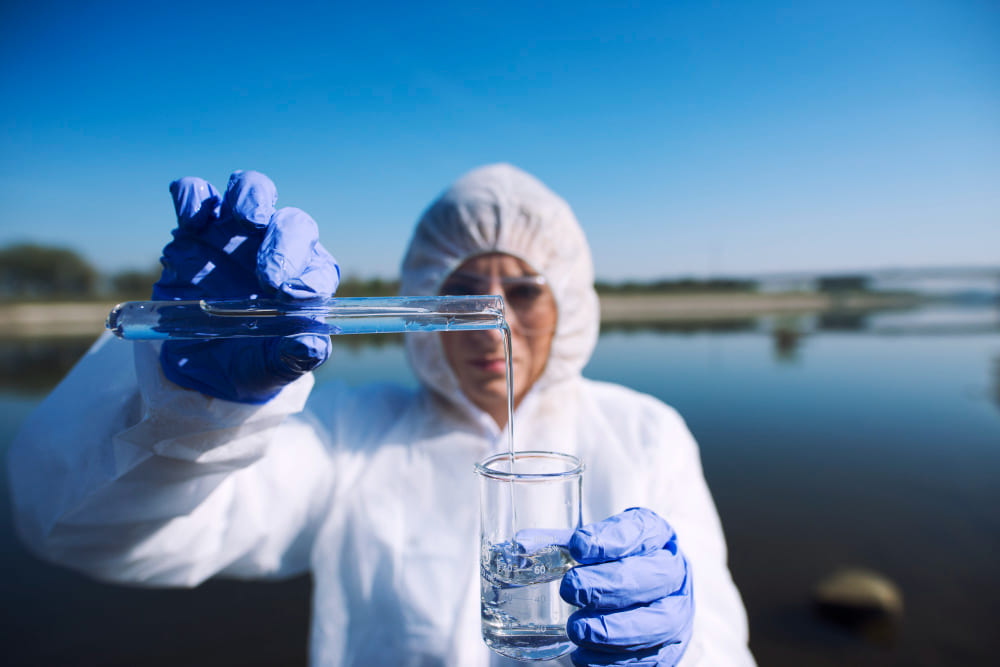At Wellfix Engineers, we recognize the vital role that Water Treatment Plants (WTPs) play in safeguarding public health and the environment. A WTP is designed to process and purify water from various sources, making it safe for consumption and use in households, industries, and agriculture.
Access to clean and safe drinking water is essential for health, sanitation, and overall quality of life. WTPs employ a range of processes to remove contaminants, including bacteria, viruses, sediments, and harmful chemicals, ensuring that the water meets or exceeds health standards. By treating water effectively, WTPs protect communities from waterborne diseases and contribute to sustainable development.
Key Processes in Water Treatment
Sedimentation: Once flocculation occurs, the water is allowed to sit in sedimentation tanks. Here, the heavy flocs settle to the bottom, separating from the clearer water above.
Filtration: The clear water then passes through filters made of sand, gravel, or other materials. This step removes any remaining small particles, ensuring high clarity and purity.
Water Treatment Plant


At Wellfix Engineers, we provide advanced technologies and solutions for the design, construction, and operation of water treatment plants. Our commitment to innovation ensures that WTPs operate efficiently and sustainably, reducing energy consumption and minimizing environmental impact.
Water Treatment Plants not only ensure the availability of clean water but also contribute to the sustainable management of water resources. By investing in WTP infrastructure, communities can enhance their resilience to climate change and protect their water sources for future generations.